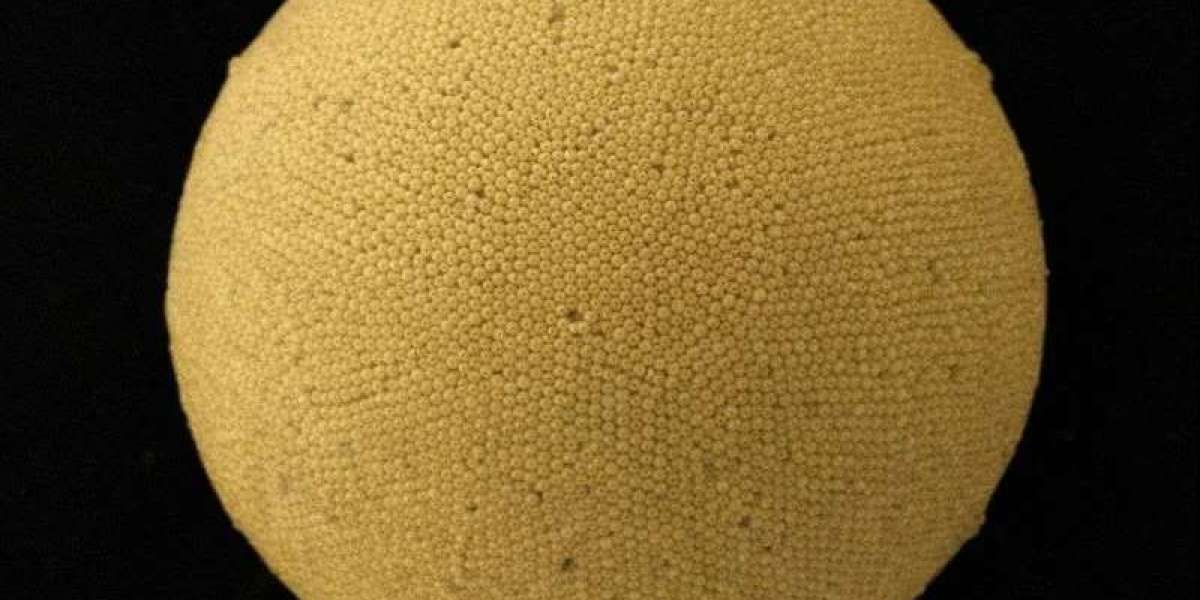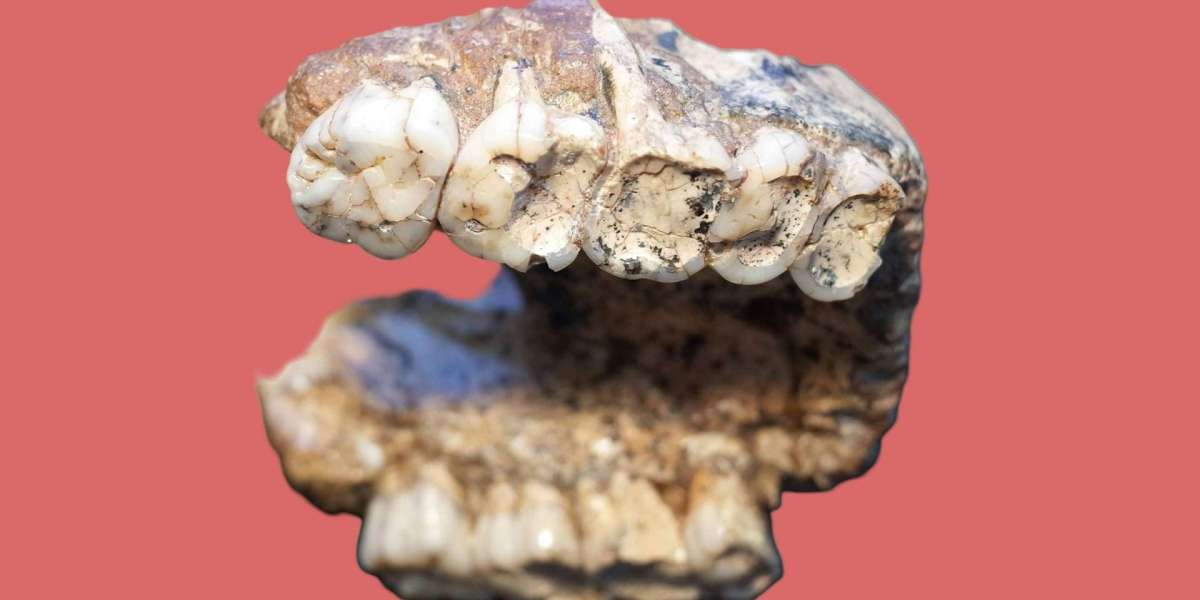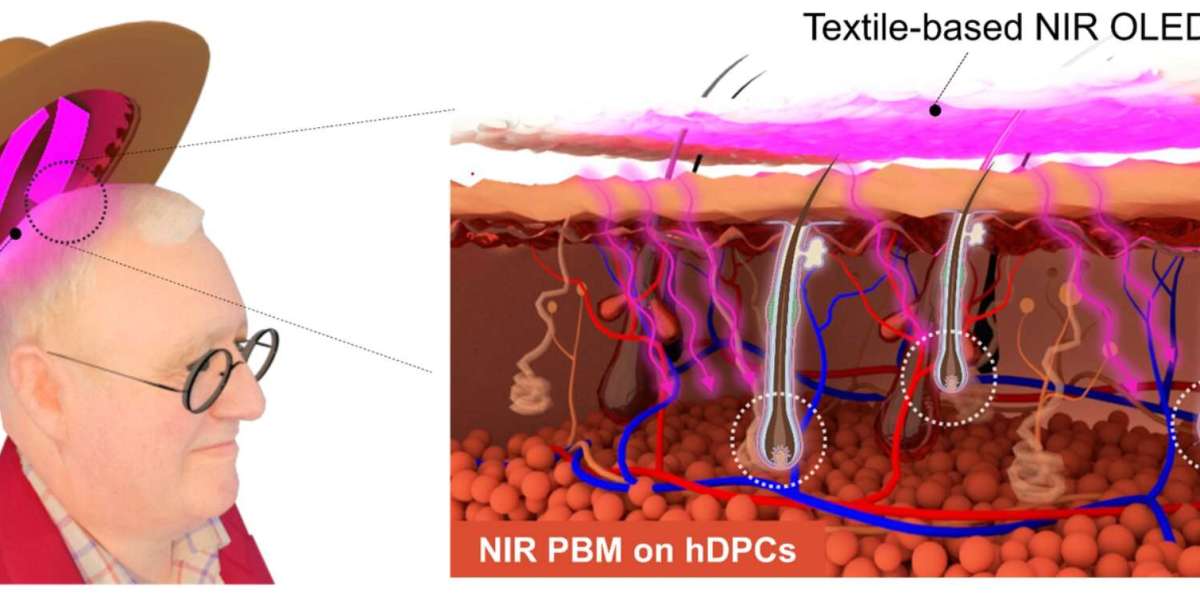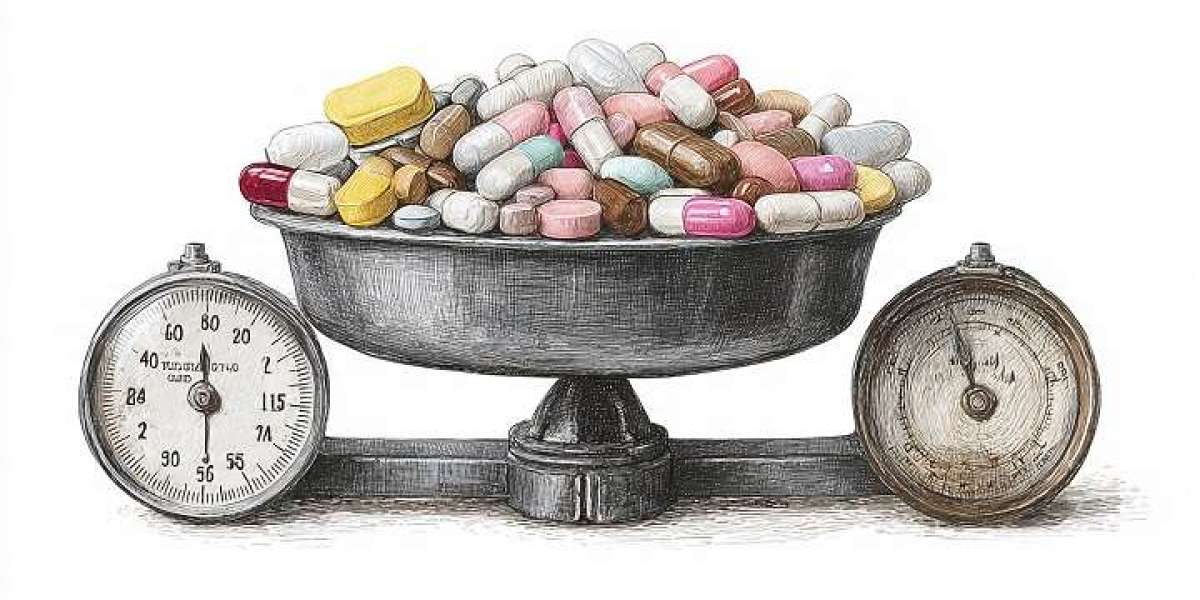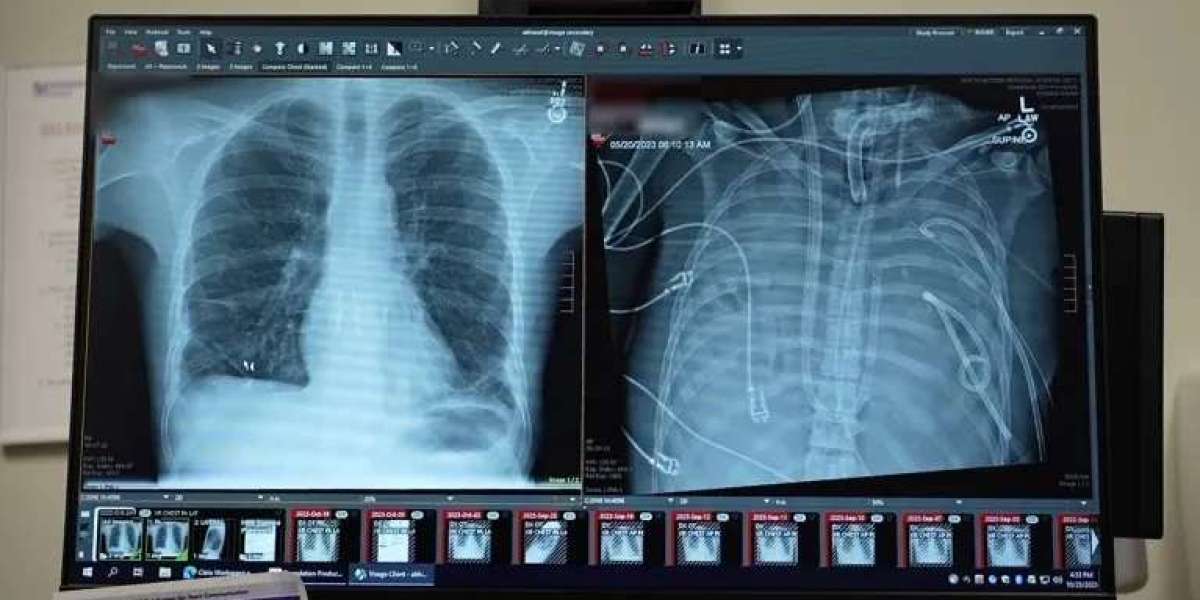article image source: freepik.com (link)
(What will be mentioned below is for advice and is not a substitute for consulting a doctor)
Mistakes We All Make That Cause Collagen Breakdown and Skin Damage
Collagen is the structural framework of our skin — the very protein that keeps it firm, elastic, and youthful. But while natural aging slowly reduces collagen year by year, many daily habits can accelerate its breakdown dramatically. From sun exposure to improper skincare routines, the small things we ignore often create the biggest long-term skin damage.
This article brings together scientific insight and dermatologist-backed advice to help you understand what harms your collagen, how it affects your skin, and what you can do today to preserve a healthy, glowing complexion.
advertisement
1. Skipping Sunscreen: The Fastest Path to Collagen Loss
UV radiation is one of the most aggressive external triggers of collagen breakdown. Even on cloudy days — and even indoors — UVA rays penetrate skin layers, damaging DNA and accelerating wrinkles, sagging, and pigmentation. Research shows that sun exposure can account for the majority of visible aging and dramatically increases skin cancer risk.
Daily protection isn’t optional. Using a broad-spectrum SPF 30+ every morning shields collagen fibers from UV-induced damage. Make sure to reapply every 2–3 hours outdoors, and don’t forget neglected spots such as the neck, chest, hands, ears, and lips.
2. Pollution Exposure: A Silent Collagen Destroyer
Air pollution introduces free radicals that attack and degrade collagen over time. City environments in particular expose the skin to oxidative stress that accelerates fine lines and uneven texture.
Dermatologists emphasize using daily antioxidants — especially vitamin C — to neutralize free radicals. Vitamin C doesn’t just brighten the skin; it actively supports collagen synthesis and stabilizes existing collagen, making it one of the most powerful anti-aging ingredients you can use.
3. Over-Exfoliating: Damaging the Skin Barrier
While exfoliating removes dead cells and brightens skin, doing it too often strips the protective barrier. This leads to redness, sensitivity, dehydration, and reactive breakouts — all of which strain the skin and indirectly affect collagen stability.
A safe routine usually means exfoliating just 1–2 times a week using gentle chemical exfoliants like AHAs or BHAs. Harsh scrubs, daily acids, and strong retinoids without proper guidance can worsen skin irritation and weaken resilience.
4. Improper Cleansing: Clogged Pores and Inflammation
Cleansing seems simple, but doing it improperly allows excess sebum, makeup, and sunscreen to build up. Chronic buildup can inflame the skin and disrupt its natural renewal processes.
Double cleansing — first with an oil-based cleanser, then a water-based gentle cleanser — ensures deep but safe removal of impurities. Clean, balanced skin absorbs treatments better and stays healthier long-term.
5. Using Expired or Incorrectly Stored Products
Old or expired cosmetics can harbor bacteria, lose effectiveness, and cause irritation or infection. Changes in smell, texture, or color indicate a product should be discarded.
Store skincare in cool, shaded areas and check the PAO (Period After Opening) to avoid using products past their intended lifespan.
6. Incorrect Product Layering That Reduces Effectiveness
The order in which skincare is applied determines how well ingredients work. Applying heavy creams before serums or mixing incompatible actives may clog pores or cause irritation.
A simple rule: thinnest to thickest — cleanser, toner, serum, eye cream, moisturizer, then SPF during the day. At night, swap sunscreen for reparative ingredients like peptides or retinol when appropriate.
7. Neglecting the Neck, Chest, and Hands
These areas age faster than the face but are often left out of skincare routines. Sun exposure, environmental damage, and thinner skin make them vulnerable to wrinkles, sagging, and dark spots.
Treat them just as you treat your face: cleanse, moisturize, apply antioxidants, and always use sunscreen.
8. Poor Hydration: Internal and External
Dehydrated skin loses elasticity, appears dull, and is more prone to fine lines. External hydration (moisturizers, hyaluronic acid) and internal hydration (2–3 liters of water daily, plus water-rich fruits and vegetables) work together to maintain plump, youthful skin.
Even oily skin needs hydration — skipping moisturizer can actually trigger more oil production.
9. Heavy Makeup or Products That Clog Pores
Thick foundations and occlusive products mix with sweat and excess oil, especially in warm climates, leading to congestion and breakouts. This inflammation contributes to collagen breakdown over time.
Opt for lightweight, breathable formulas like tinted moisturizers or mineral foundations, and ensure thorough nightly cleansing.
10. Sleeping with Makeup On
Leaving makeup on overnight traps bacteria, clogs pores, and accelerates aging. It prevents the skin from renewing itself and increases inflammation — a major contributor to collagen degradation.
Nighttime cleansing is non-negotiable for healthy, resilient skin.
11. Insufficient Sleep: When Repair Processes Slow Down
During deep sleep, the skin produces collagen and repairs daytime damage. Chronic sleep deprivation accelerates aging, dullness, and under-eye circles.
A consistent sleep schedule of at least 6–7 hours supports natural regeneration and strengthens the skin barrier.
12. Smoking and Exposure to Secondhand Smoke
Cigarette smoke contains toxins that directly degrade collagen and impair its synthesis. This leads to pronounced wrinkles, sagging, and poor wound healing. Even secondhand smoke can impact skin elasticity.
Quitting or reducing exposure has both immediate and long-term benefits for skin quality.
13. Poor Diet and Nutrient Deficiencies
Collagen production relies on vitamins and minerals — especially vitamin C. A diet high in processed foods, sugar, and unhealthy fats increases inflammation and oxidative stress, accelerating collagen loss.
Foods rich in antioxidants (berries, leafy greens, citrus, nuts) support collagen and protect against environmental damage.
14. Avoiding Dermatologists and Professional Guidance
Persistent acne, pigmentation, eczema, or premature aging often require professional evaluation. Self-treating with random skincare can cause more damage, leading to prolonged inflammation and untreated underlying issues.
Dermatologists can personalize treatments, adjust active ingredients, and guide you in collagen-supportive therapies.
Conclusion
Your skin is constantly working to protect and repair itself — but the habits you choose every day either support or sabotage that effort. While collagen naturally declines with time, understanding what accelerates its breakdown gives you the power to slow the process dramatically.
By protecting your skin from the sun, nourishing it with antioxidants, staying hydrated, avoiding harsh routines, and making mindful lifestyle choices, you build the foundation for healthier, stronger, more radiant skin. It’s never too late to change your habits. Every small decision — from drinking another glass of water to cleansing your face before bed — becomes an investment in your future complexion.
Your skin reflects how well you care for it. Treat it with intention, protect it with consistency, and it will reward you with lasting beauty and resilience.
Sources
DermaDock – Skincare Mistakes to Avoid
https://dermadock.in/skincare-mistakes-to-avoid/MindBodyGreen – Things That Might Be Damaging Your Collagen
https://www.mindbodygreen.com/articles/3-things-that-might-be-damaging-your-collagen-from-derm-1-pollution-exposureNews-Medical – Collagen Degradation Pathways in Humans
https://www.news-medical.net/life-sciences/Collagen-Degradation-Pathways-in-Humans.aspxPlastic Surgery of Syracuse – 5 Critical Mistakes That Damage Your Skin
https://plasticsurgeryofsyracuse.com/5-critical-mistakes-that-damage-your-skin-and-how-to-avoid-them/TSP Dermatology – Mistakes You’re Making That Are Aging You
https://tspderm.com/mistakes-youre-making-that-are-aging-you/
Thank you !








